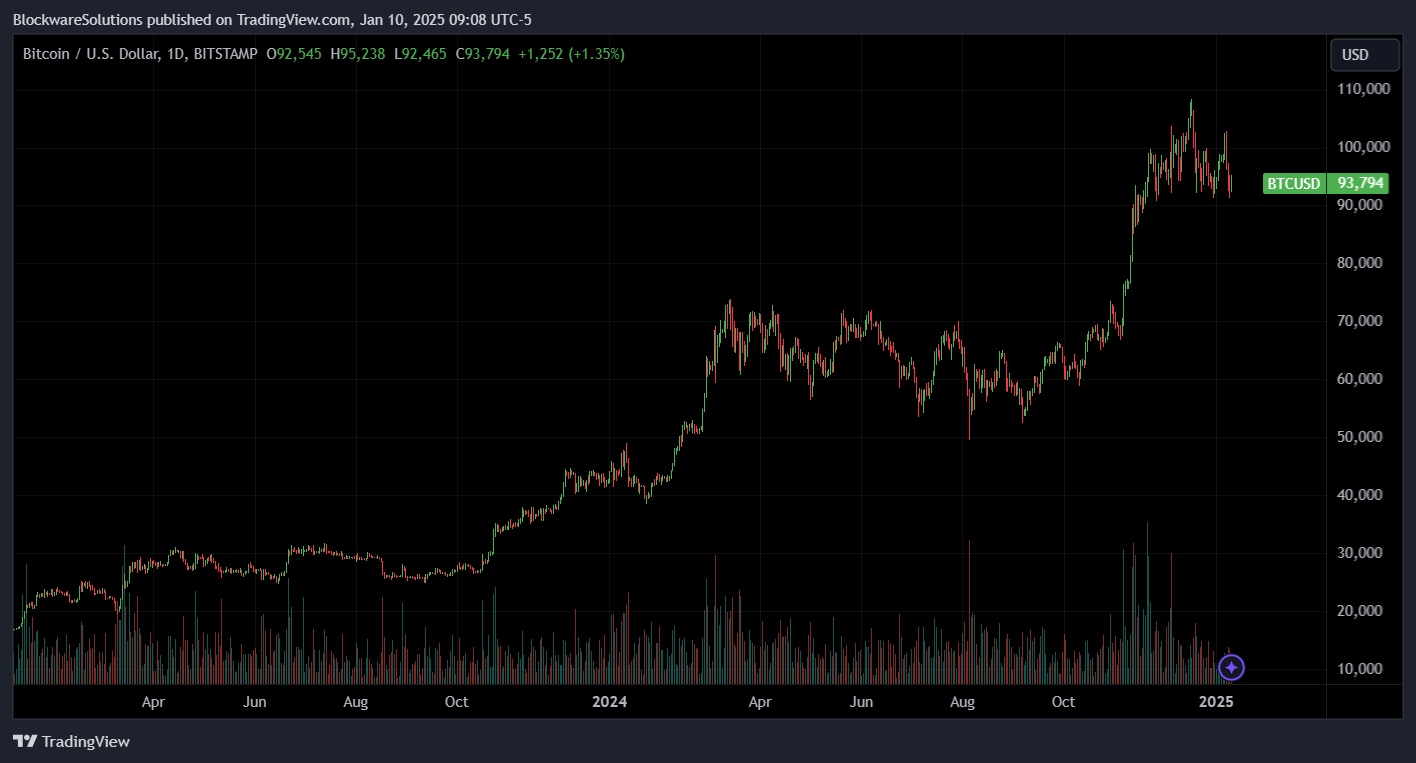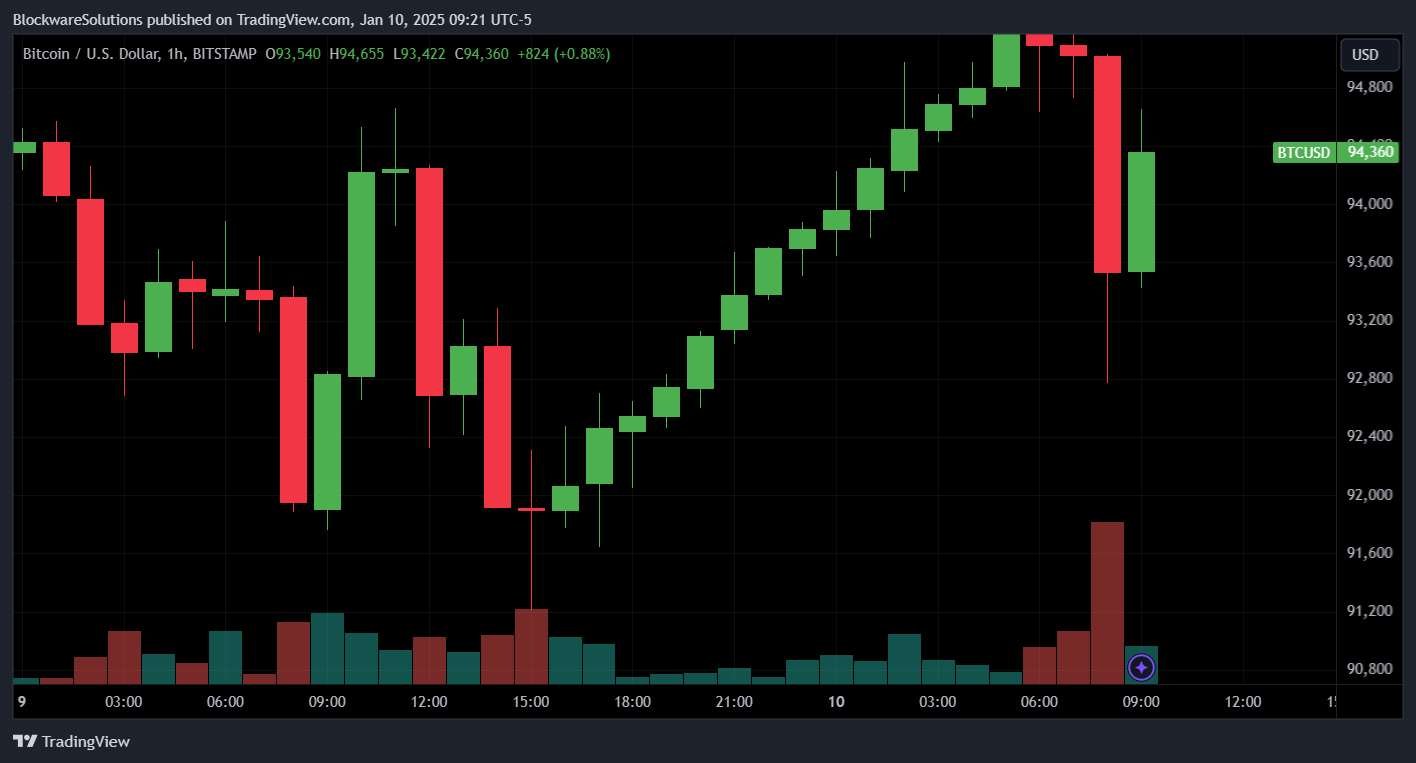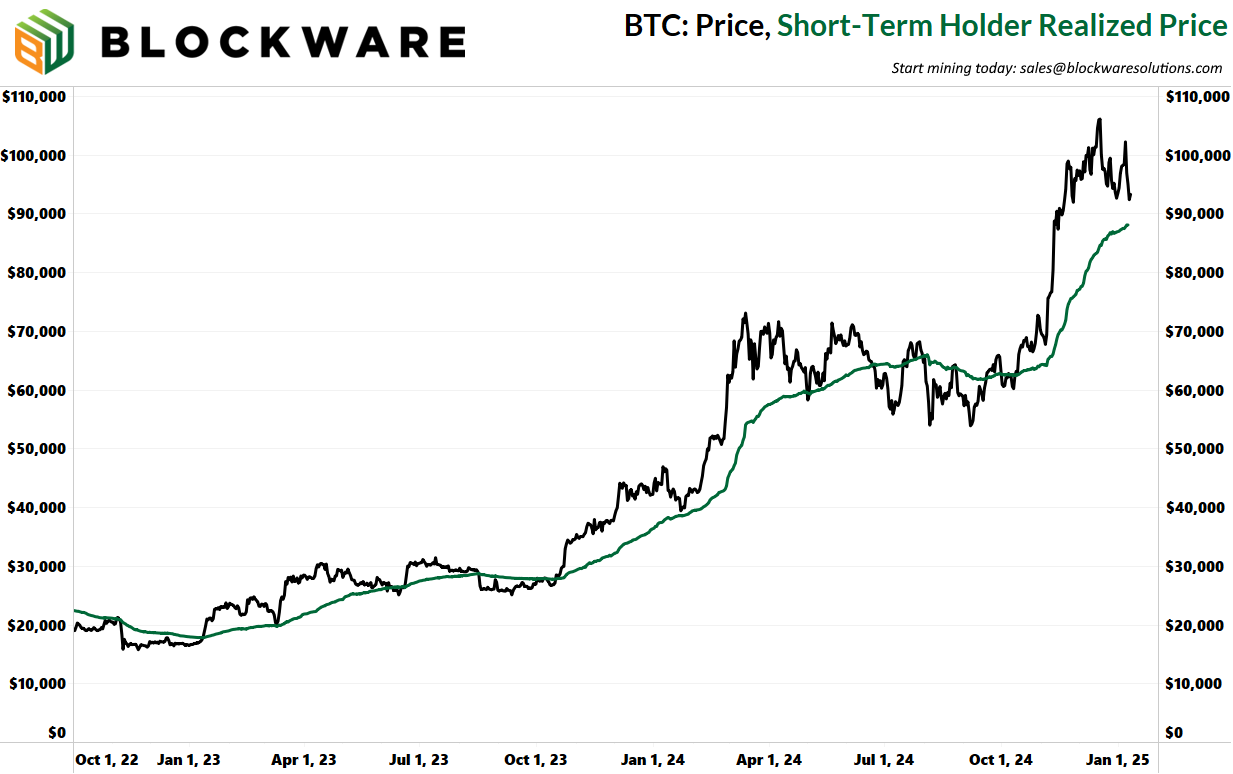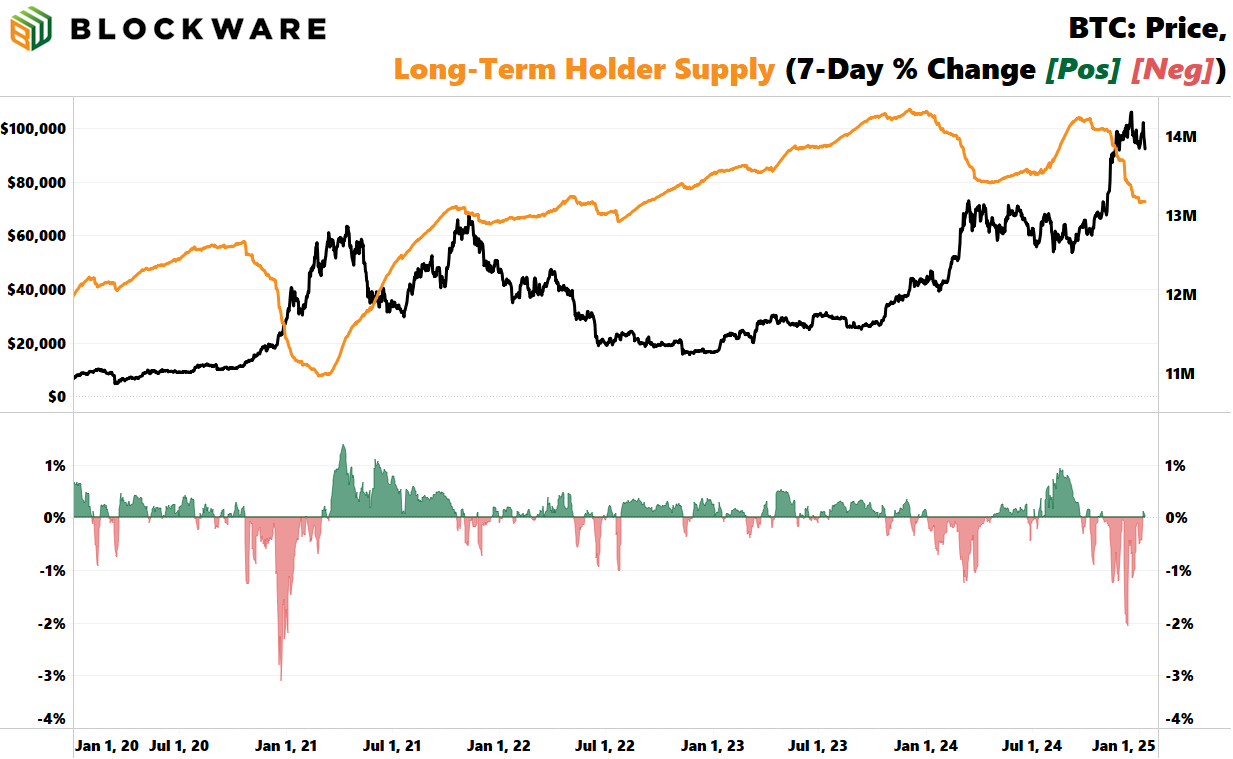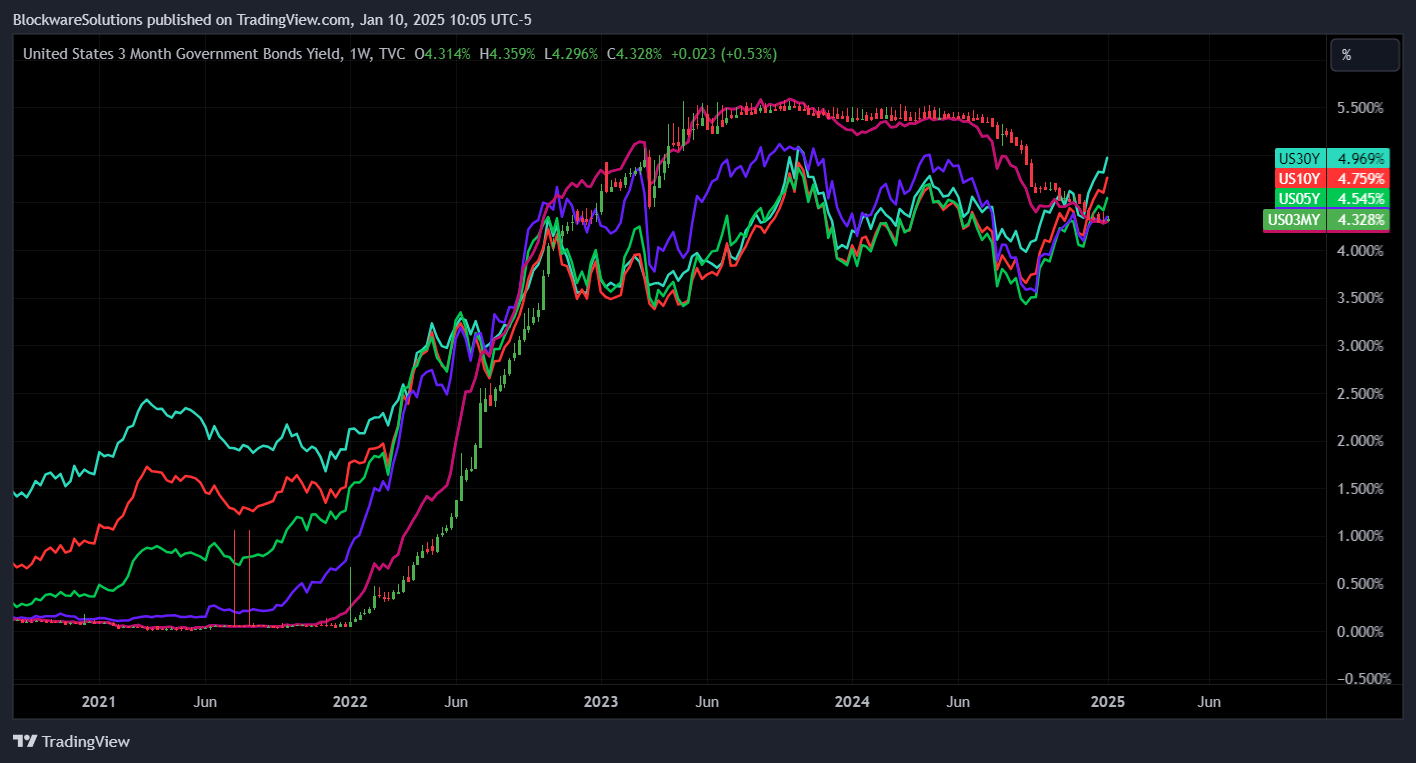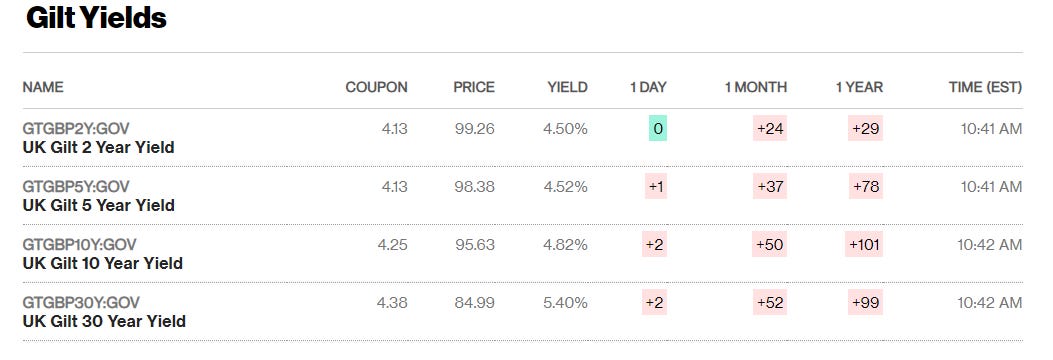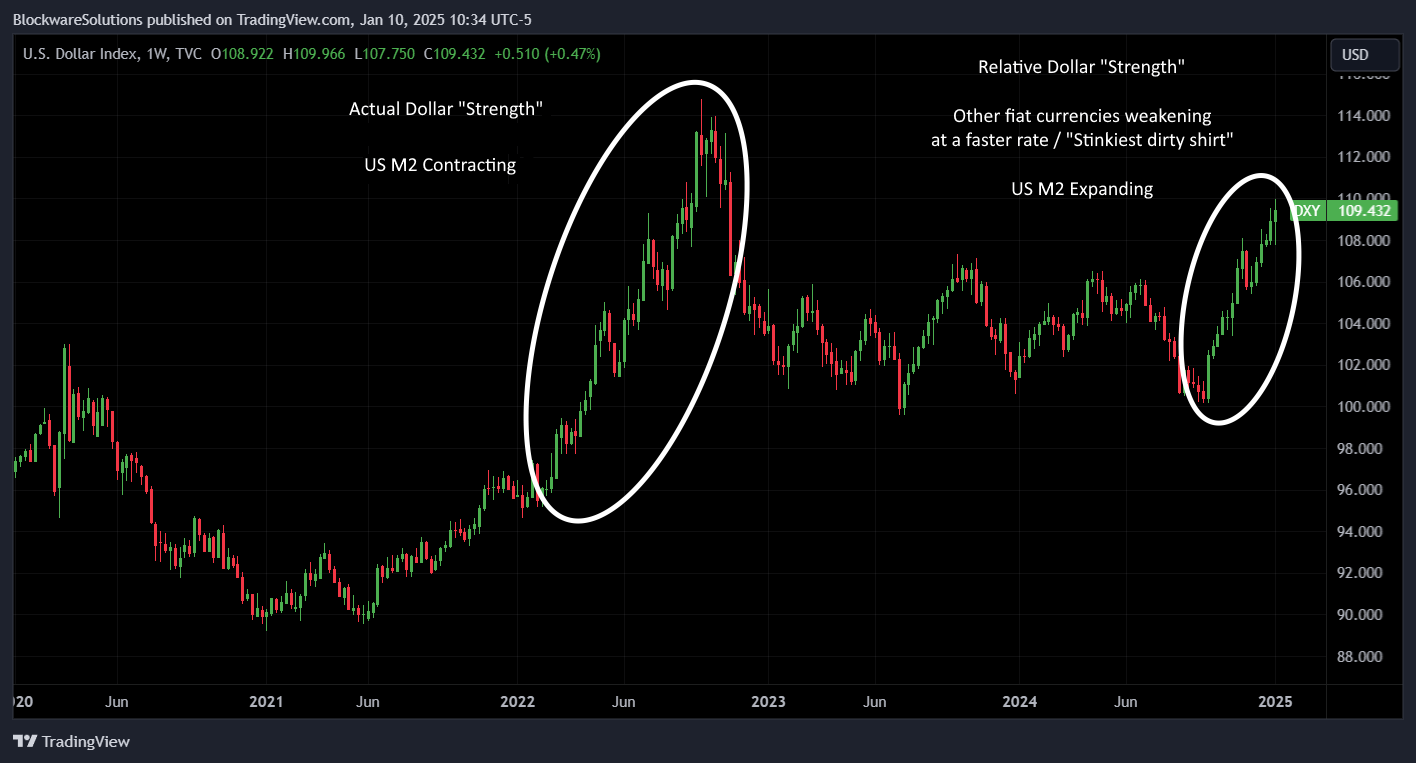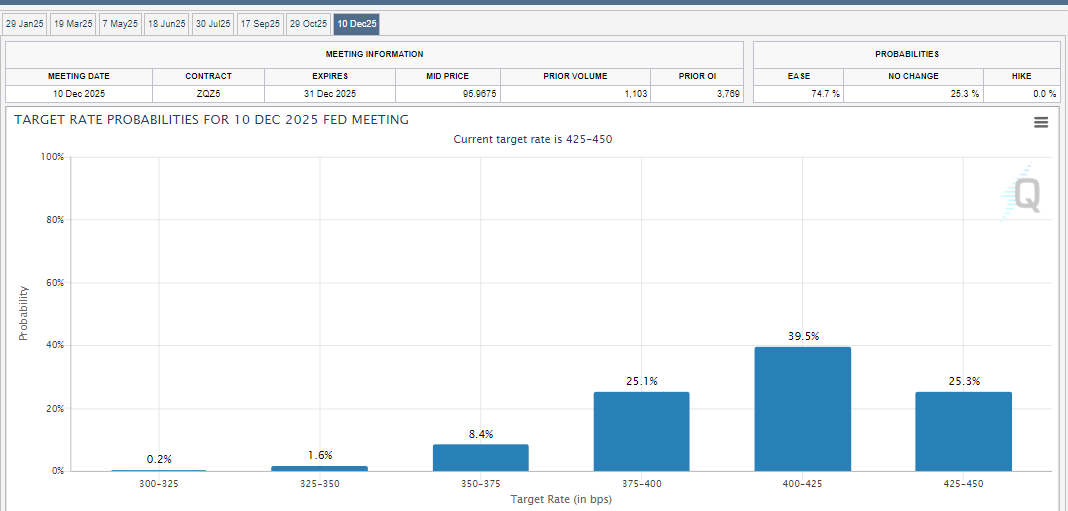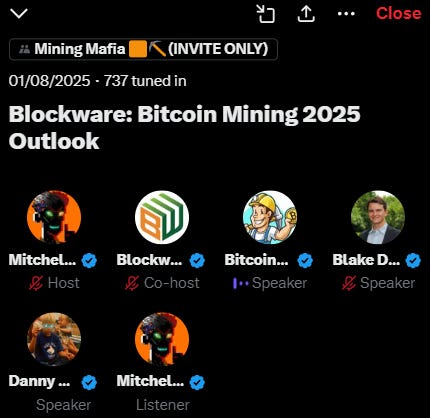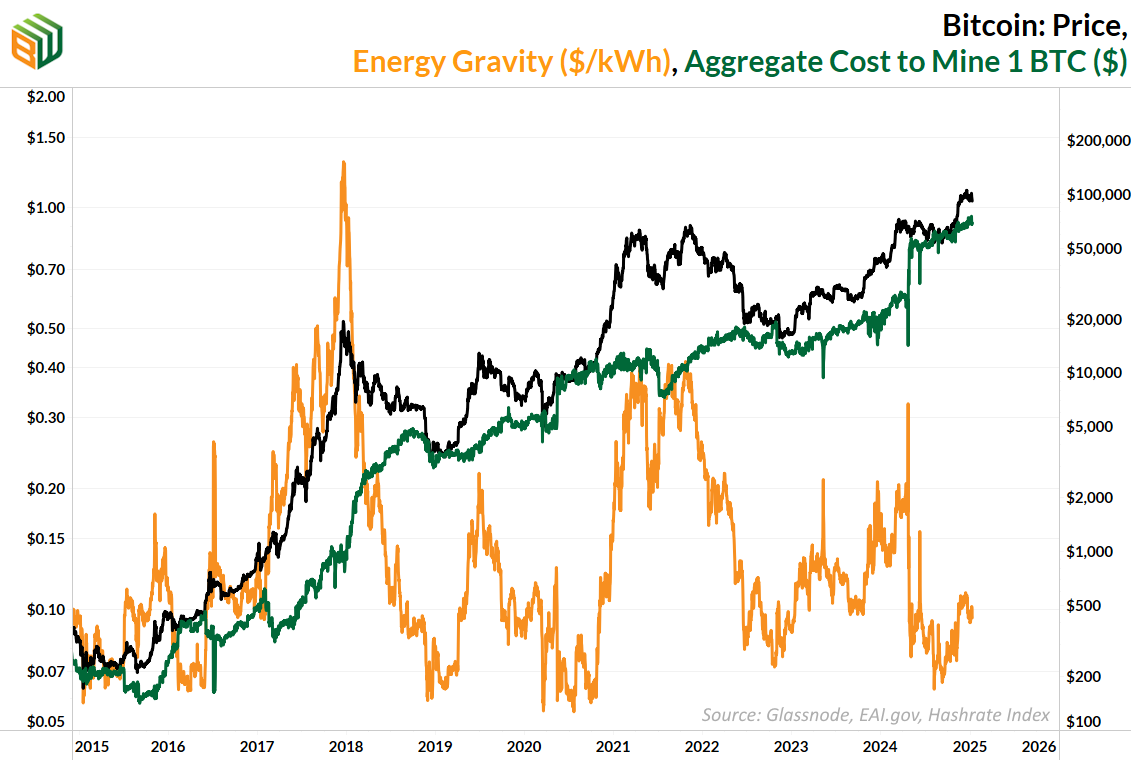Blockware Intelligence Newsletter: Week 160
Blockware Intelligence Newsletter: Week 160Bitcoin on-chain analysis, mining analysis, macro analysis; overview of 1/3/25 – 1/10/25
Since starting this newsletter back in August of 2021, we have published nearly 300 market updates, amassed over 95,000 subscribers, and helped investors navigate Bitcoin’s highest highs, lowest lows, and everything in between. Our team works tirelessly to provide valuable, concise insights into the ever-changing financial landscape that surrounds Bitcoin. To expand the depth and scope of our research, we are introducing a premium subscription tier in which our Friday market updates will be included — starting next Friday, January 17th. The premium subscription is just $15/month, or $150 for an annual subscription. Here’s what you’ll get as a free subscriber:
Here’s what you’ll get as a premium subscriber:
With 4 or more paid newsletters per month at $15/month you’ll continue receiving the valuable insights you know and love for less than the price of a cup of coffee. You’ll continue to receive our mining updates every Monday for free – and we hope you’ve found our insights valuable enough to continue supporting as a premium subscriber. With that said, today’s market update is on the house. Enjoy. Bitcoin: News, ETFs, On-Chain, etc. 1. BTC Trading Sideways BTC continues to consolidate in the $90,000 to $100,000 range. It should go without saying that the Bitcoin trading in this range for a prolonged period of time is BULLISH. The volatility can cause swings in online sentiment, but this is objectively bullish price action. Some of this week’s volatility is being attributed to the US Department of Justice being cleared to sell Silk Road confiscated Bitcoin amounting to ~69,000 BTC (~$6.5 billion). However, given there are only 6 more trading days (including today) before Trump’s inauguration – the total sale of these coins is not going to happen. While the current administration may not be pro-Bitcoin, they are not pro “losing money.” Selling that many coins in a short period of time would result in slippage and the DOJ wants to maximize dollar proceeds from a Bitcoin auction. Moreover, there’s undoubtedly large pools of institutional capital ready to on the buy-side if some of these coins are auctioned off – the SBR is right around the corner. This is a nothing burger. 2. 14 Consecutive Hourly Green Candles Thursday night into Friday morning (EST), Bitcoin put in a record-breaking 14 consecutive positive green candles on the hourly. This shows us that there are LARGE buyers in the market. This price action is indicative of an institutional investor executing a Time Weighted Average Price (TWAP) strategy. What this means is a large capital allocator is trying to deploy X amount of capital into BTC while getting the best price possible. Just like the DOJ can’t market sell multiple billions at once without dropping the price, an institution cannot market buy multiple billions at once without pushing the price up – this is market 101. This buyer in particular spread their purchases out across a few hours so as to limit their impact on the price. The previous record was 11 consecutive green hourly candles back in January 2017. 3. Short-Term Holder Realized Price We’re eyeing a test of the short-term holder cost-basis sometime in Q1 2024 – it’s currently at ~$88,000 and rising. A dip below this level is unlikely in our view – given the underlying bullish conditions, discussed in-depth in our 2025 forecast – but it’s possible that support is tested as the market trades sideways (with volatility) as we await confirmation about Trump’s economic & BTC policy, Fed policy, etc. 4. Long-Term Holder Supply Due to the fact that Bitcoin’s has a finite supply, its price behaves very differently than other commodities. For example, if there’s an increase in demand for oil, there are two ways for that demand to “find” supply. 1. Bid the price higher. 2. Drill for more oil. Because an increase in demand for Bitcoin CANNOT be met with an increase in production, there’s only one way for an increase in demand to find supply. Bid the price higher. With all the noise of financial markets and geopolitics, the fundamental reality of Bitcoin’s supply and demand is oft forgotten. Demand for Bitcoin increased after Trump won the election – and that new demand HAD to bid the price higher to find supply. Supply was found – it always is, for every buyer there is a seller. And we can see this on-chain. From October 2024 to today, roughly 1 million coins belonging to “long-term holders” were moved on-chain. Long-term holders moving (selling) coins is a feature of BTC bull runs (on the chart below note Q1 2021, Q1 2024, Q4 2024). The area regions of the chart below show the 7-day % change in the amount of Bitcoin held by long-term holders – this helps us visualize whether they are distributing (sign of a top) or accumulating (sign of a bottom). They have already reverted back to net-accumulation. In other words, it is likely that demand has “found” the majority of supply that is willing to sell in the $90k to $100k region. Continued accumulation from long-term holders in the coming weeks is our base case, and this further solidifies this price range as a launching pad for continuation of the bull market. General Market Update 4. $36 Trillion Dollar Elephant in the Room President Trump is set to receive arguably the hottest potato in economic history: The US Treasury Market. Amidst the backdrop of sticky inflation, US Treasury rates have risen drastically in the past four months – with the long end (10y, 20y, 30y) rates approaching cycle highs. This is BAD.
The latter point is the most significant. The blended average interest rate for the maturing debt is 3.35%. Treasury rates now span from 4.3% on the short end to 4.9% on the long end. Interest payments – which already constitute $1 trillion of the annual Federal budget – will rise even higher. In order for Trump to achieve his goals – higher asset prices, increased US economic growth, etc. – he’s going to need US treasury rates to come down. Fed cuts aren’t working (rates up >100 bps since September cut). For that to happen, someone with fat pockets is going to have to step in to buy treasuries here. It won’t be the banks – most got burned on long term treasuries and are functionally insolvent (Think SVB, Q1 2023). Foreign nations are net sellers. Institutional investors don’t want the inflation risk of fixed income when there are alternative bond options such as $MSTR convertible notes. Ultimately the buyer of US debt will have to be the Fed themselves – which is money printing. Bitcoin will thrive in this environment – but the average American (who holds zero bitcoin) is going to get crushed. 5. United Kingdom Treasury Rates The situation is not any merrier across the pond – rates on UK Treasury Gilds are also up. In the past month the 2-year and 10-year are up 24 and 50bps respectively. Over-indebtedness is not a problem unique to the United States. However, the over-indebtedness of the United States is the BIGGEST problem, given that US Treasuries are the backbone of the global financial system. 5. $DXY Many analysts are citing the rising $DXY (US Dollar Currency Index) as a reason to be bearish on BTC in the short term – we disagree. And so far this has not been the case – $DXY is up 10% since September and BTC is up ~50% in the same period. The only reason the dollar appears “strong” here is because it is being compared to other fiat currencies which are depreciating at a faster rate. This is different from 2022 – $DXY was rising because the supply of US Dollars was actually contracting – real strength, not merely relative strength. 6. Stronger than Expected Economic Growth Markets are close to pricing out Fed rate cuts in 2025 all together in light of better than expected employment data. For December: Nonfarm Payrolls: +256,000 (164k exp.) Unemployment Rate: 4.1% (down from 4.2) Weekly Jobless Claims: 201,000 (215k exp.) The 1-year treasury yield is at 4.22% (compared to a target Fed Funds Rate of 4.25 to 4.5), and Fed Funds CME Futures have the probability of 50+ bps of cuts this year at less than 35%. Markets have reacted poorly to this information in the short-term – but we remain bullish on Bitcoin for 2025. Bitcoin Mining 8. Cold Weather Forces Curtailments for US Based Miners After seven consecutive increases to Bitcoin mining difficulty (more hashrate coming online), difficulty is expected to fall (albeit slightly) at the next adjustment. With a severe cold front hitting the United States right now, many Bitcoin miners are turning off their machines. Seasonality in hashrate/difficulty is becoming increasingly common:
Both of the previous winters have multiple negative difficulty adjustments – a trend we expect to increase going forward. This creates an opportunity for smaller miners to benefit. Most large operators are obligated to halt energy consumption during periods of increased energy demand (such as cold fronts). Smaller miners however – especially those with sound, skilled operations – can continue to hash, benefiting from the decrease in difficulty. 9. CleanSpark ($CLSK) Surpasses 10,000 BTC in Treasury Reserves CleanSpark is one of the largest “pure play” Bitcoin miners. In contrast to companies such as $WULF and $HUT which have diversified into AI/HPC – becoming ‘energy Infrastructure’ companies more so than they are ‘bitcoin miners’ – CleanSpark has stayed committed to their identity as Bitcoin miners. With that said, Treasury management is critical when your business is centered around the cyclicality of Bitcoin. CleanSpark gained notoriety for selling their Bitcoin treasuries near the top of the last market, positioning themselves to survive and thrive during the bear market. Why is this important? Because it shows us that a team willing to pivot themselves based on market expectations – they are not “perma bull.” With that said, their aggressive accumulation of Bitcoin right now tells us that they too have high expectations for the Bitcoin price in 2025. 10. Blockware Intelligence – Mining Mafia Over 700 live listeners tuned into the Blockware Team on Wednesday during a live X space with the Mining Mafia X/Twitter community. The team went DEEP on our expectations for the mining industry in 2025. This is great content whether you’re new to Bitcoin mining, or a seasoned veteran. 9. Energy Gravity At a typical hosting rate today, the average miner requires ~$70,000 worth of energy to produce 1 BTC (green line). The orange line shows how many $ (output) miners are able to earn for each kWh of power (input). If there is any metric to consider as the lowest possible price that Bitcoin could trade it – in theory it is this. It would be economically irrational for Bitcoin to trade at a price lower than what it costs to mine. Even the lowest of historical lows (Q4 2018, covid crash, Q4 2022) did not see BTC fall below the aggregate cost to mine. Given the relative marginal difference between the cost to mine ($70,000) and the price of BTC ($94,000) – there is likely much gas left in the tank for this Bitcoin bull run. Bull market tops historically see a 5 to 10x difference between the price of Bitcoin and the cost to mine. Relatively low operating margins for miners (by bull market standards) is a great sign to see. To learn more about Energy Mass & Energy Gravity, read our report here. To continue receiving these valuable insights, become a premium subscriber for just $15/month.
All content is for informational purposes only. This Blockware Intelligence Newsletter is of general nature and does consider or address any individual circumstances and is not investment advice, nor should it be construed in any way as tax, accounting, legal, business, financial or regulatory advice. You should seek independent legal and financial advice, including advice as to tax consequences, before making any investment decision. You’re currently a free subscriber to Blockware Intelligence Newsletter . For the full experience, upgrade your subscription.
© 2025 Blockware Solutions |
